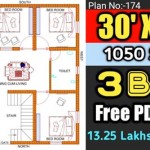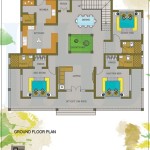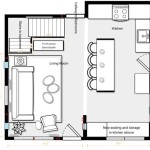Planning A Household Budget Sheet: Essential Aspects
Creating a household budget sheet is a crucial step towards financial stability. It offers a clear view of your income and expenses, helping you make informed decisions about your finances. Here are some essential aspects to consider when planning a household budget sheet:
1. Income
Start by listing all sources of income for your household. This includes salaries, wages, dividends, interest, and any other regular income. Be sure to include both gross and net income (after taxes and deductions).
2. Fixed Expenses
These are expenses that remain relatively constant from month to month. They typically include rent or mortgage payments, car payments, insurance premiums, and loan payments.
3. Variable Expenses
These expenses can fluctuate from month to month. They include groceries, utilities, gas, entertainment, and dining out. Estimate these expenses based on past spending patterns or use an online budgeting tool that tracks your transactions.
4. Discretionary Expenses
These are expenses that are not essential and can be reduced or eliminated if necessary. They include hobbies, travel, and luxury items.
5. Savings
It's important to include savings as a part of your budget. Set a specific amount each month to save for emergencies, retirement, or other financial goals.
6. Debt Repayment
If you have any outstanding debts, include them in your budget and make a plan to repay them as soon as possible. Prioritize high-interest debts and allocate extra funds towards paying them off.
7. Budget Categories
Organize your expenses into categories to make it easier to track and manage. Common categories include housing, transportation, food, utilities, and healthcare.
8. Use Budgeting Tools
There are numerous budgeting tools available, both online and offline. They can help you create a budget, track expenses, and analyze your spending patterns.
9. Review and Adjust
Your budget should be a living document that you review and adjust regularly. As your income, expenses, or financial goals change, update your budget accordingly to ensure it remains effective.
10. Discipline and Consistency
Following a budget requires discipline and consistency. Stick to your plan as much as possible and avoid unnecessary spending. The more you track your expenses and stay disciplined, the greater the benefits of budgeting.
Remember, creating a household budget sheet is an ongoing process. It takes time and effort, but it is essential for financial stability and achieving your financial goals.

Family Budget Planner Free Spreadsheet For Excel

Household Budget Worksheet For Excel

Free Printable Family Budget Worksheets Budgeting Worksheet

Home Budget Worksheet Template

Household Budget Planner Spreadsheet For Excel

Family Budget Planner For Excel

Family Budget Planner Template Pas Teacher Made

Monthly Household Budget Template Free Excel Csv

Family Budget Template 12 Free Sample Example Format

Family Budget Planner Free Spreadsheet For Excel








